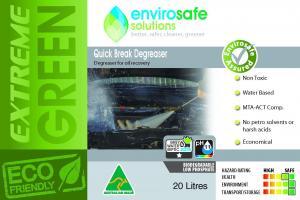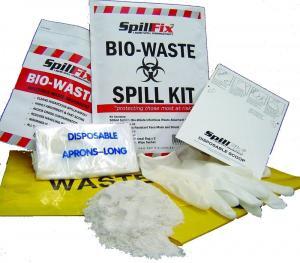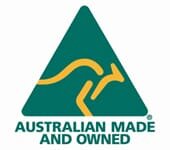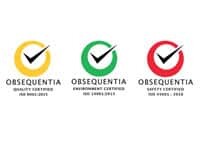Whaling has long been outlawed in the oceans off Australia. In 1986, the International Whaling Commission (IWC) banned commercial whaling because of the real possibility of extinction that was facing many whale species. Stocks have eventually recovered enough to avert the threat of extinction, although the practice remains contentious and problematic and is under constant scrutiny on the world environmental stage.[1]
Historically, the practice of whaling has been linked culturally with a number of countries and indigenous groups, and it is argued this traditional mode has its place if instigated as part of a marine mammal management plan that safeguards against larger scale harvesting of the whale population. This model has been adopted in Canada where various cultural groups – including the Inuit – continue with small-scale whale harvesting as part and parcel of their cultural/eating practices.[2]
But elsewhere, the practice is far more widespread.
Australia is presently lodging a written submission to the International Court of Justice in The Hague, and is arguing that Japan’s current whaling activities breach international obligations. The Australian Government is calling for Japan to finally cease its whaling program in The Southern Ocean, stating that it has sought to rely on an exception to the convention by erroneously claiming its activities are due to scientific research.
The World Against Whaling Organisation states that Japan currently kills 1500 whales annually, and that the supposed “scientific research” actually entails “dragging the harpooned whale on board and measuring it briefly before it is processed by the butchers in the ship factory.”[3] It also asserts that “the research is conducted under the auspices of the Institute of Cetacean Research. The “institute” in fact receives its funding from the whaling company Kyodo Senpaku and also from government subsidies. Kyodo Senpaku was formed in 1987 and conducts the collection, processing and selling wholesale of the whale specimens on behalf of the research institute. It sells roughly $US60million worth of whale products each year.”[4]
In 2008, two Japanese Greenpeace activists, Toru Suzuki and Junichi Sato, exposed a scandal involving government corruption entrenched within the tax-payer funded whaling industry. Their case highlights the entrenched resistance to any kind of challenge to the whaling industry in Japan.
The Faroe Islands has also received increasing pressure to cease its annual slaying of long-finned pilot whales. The use of YouTube, online videos and social networking has led to a proliferation of images depicting the mass slaughter of these mammals during the Faroe Islands’ summer months.
Most Faroese actually consider the mass hunt as an intrinsic part of their culture and history, stating because they use everything apart from the head and tail fin, they are therefore within their cultural rights to continue on with this tradition. The species hunted – the long-finned pilot whale – is in fact a species of dolphin.[5]
Envirosafe Solutions supports a green approach to our oceans and ocean mammals. A healthy respect for these intelligent and fascinating creatures is required so that future generations can enjoy the spectacle and glory of majestic whales as they travel the southern oceans around our continent.
Join the Green Revolution, and support green industry.
Telephone Envirosafe Solutions on 1300 88 90 70
[1] http://en.wikipedia.org/wiki/Whaling
[2] http://en.wikipedia.org/wiki/Whaling
[3] http://worldagainstwhaling.org/whaling-nations/japenese-whaling.html
[4] ibid





















